How a Successful Street Photographer Captures Life’s Unseen Moments [Interview]
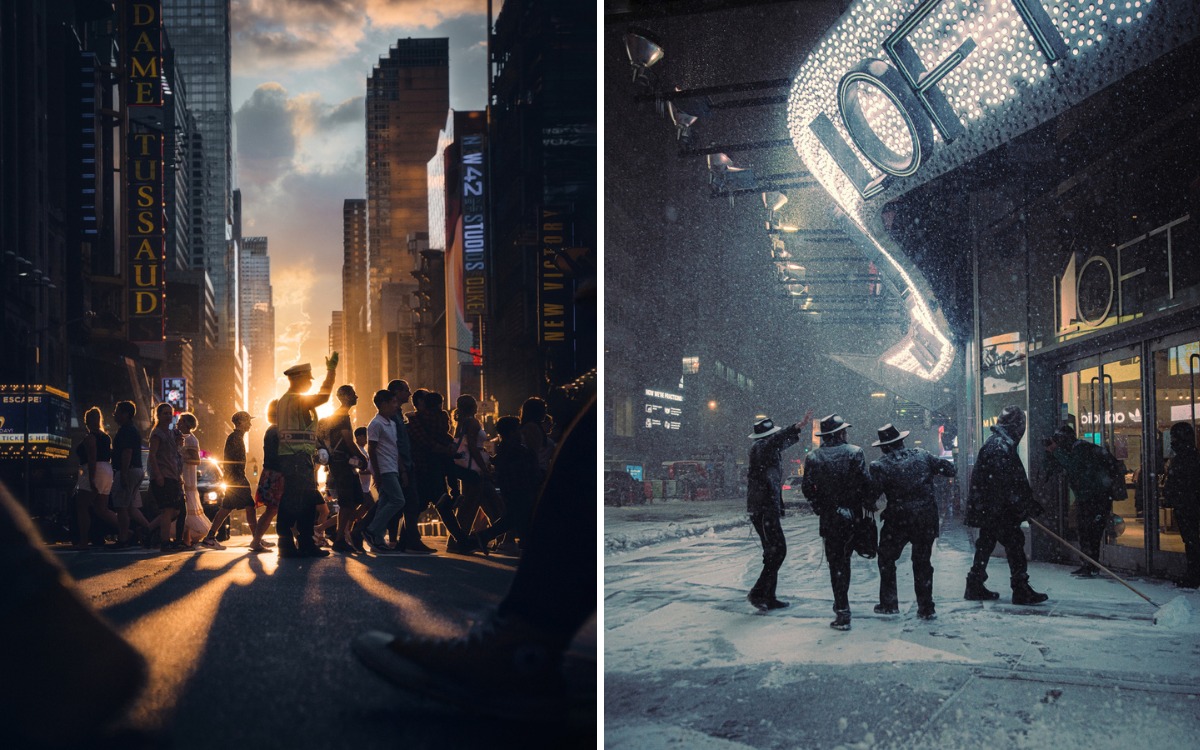
New York-based street photographer Billy Dinh has amassed a large and loyal Instagram following thanks to his talents. His dramatic, moody images heavily rely on light and shadow, which coupled with his ability to capture unique moments, make them look pulled from a film. Through Dinh's lens, we're able to watch the world unfold and peek into the small moments of life.
Whether it's a woman wiping tears from her eyes as her train is about to pull away, or a man staring out the window on an empty ferry, Dinh takes average moments and elevates them to high art. With formal training as an illustrator, Dinh clearly has developed an eye for putting together captivating stories that pull the viewer in.
We were lucky enough to chat with Dinh about his street photography and learn more about how his passion for photography developed. We also learn more about what he looks for when he's out on the street, as well as his biggest concern with AI imaging. Read on for My Modern Met's exclusive interview.
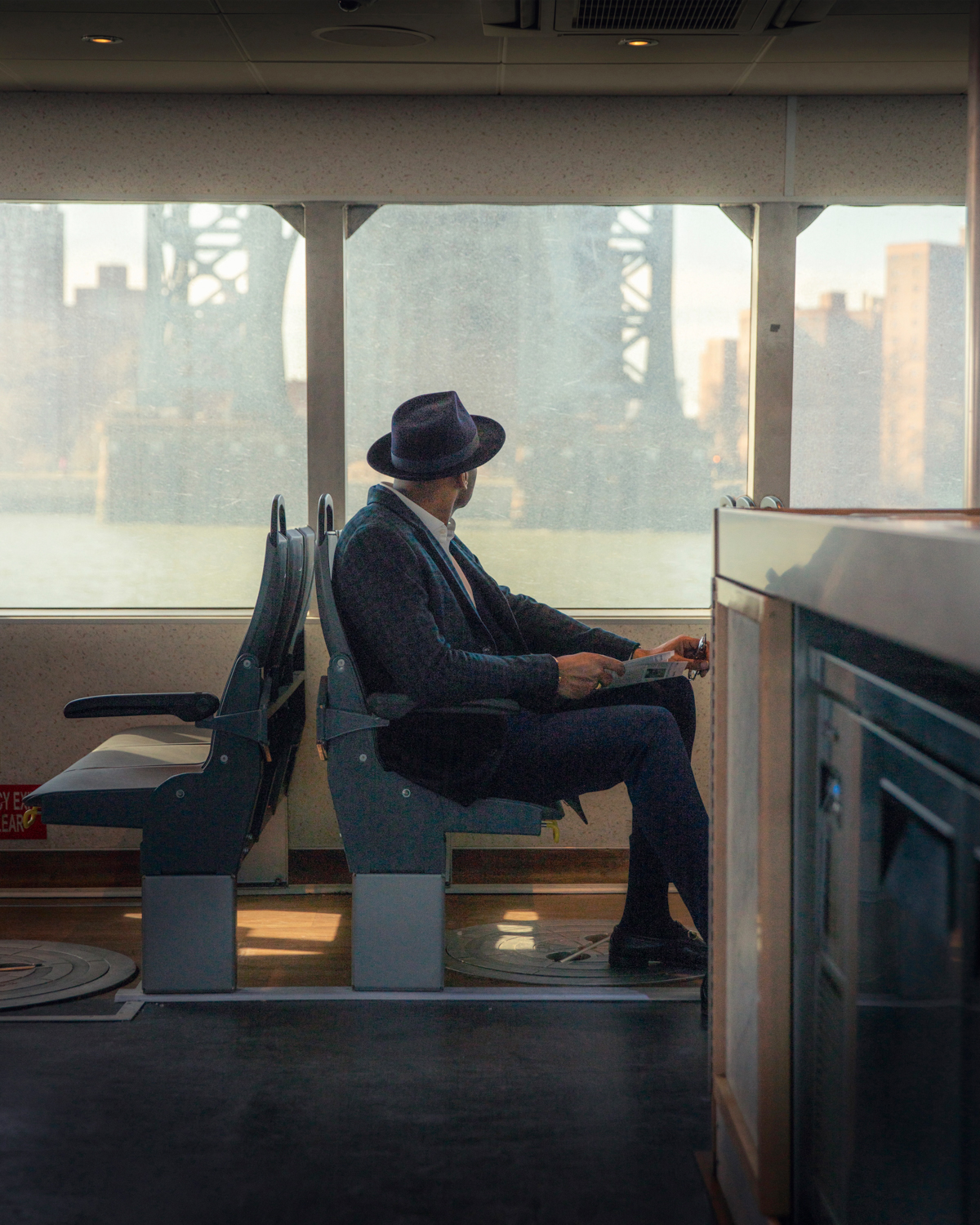
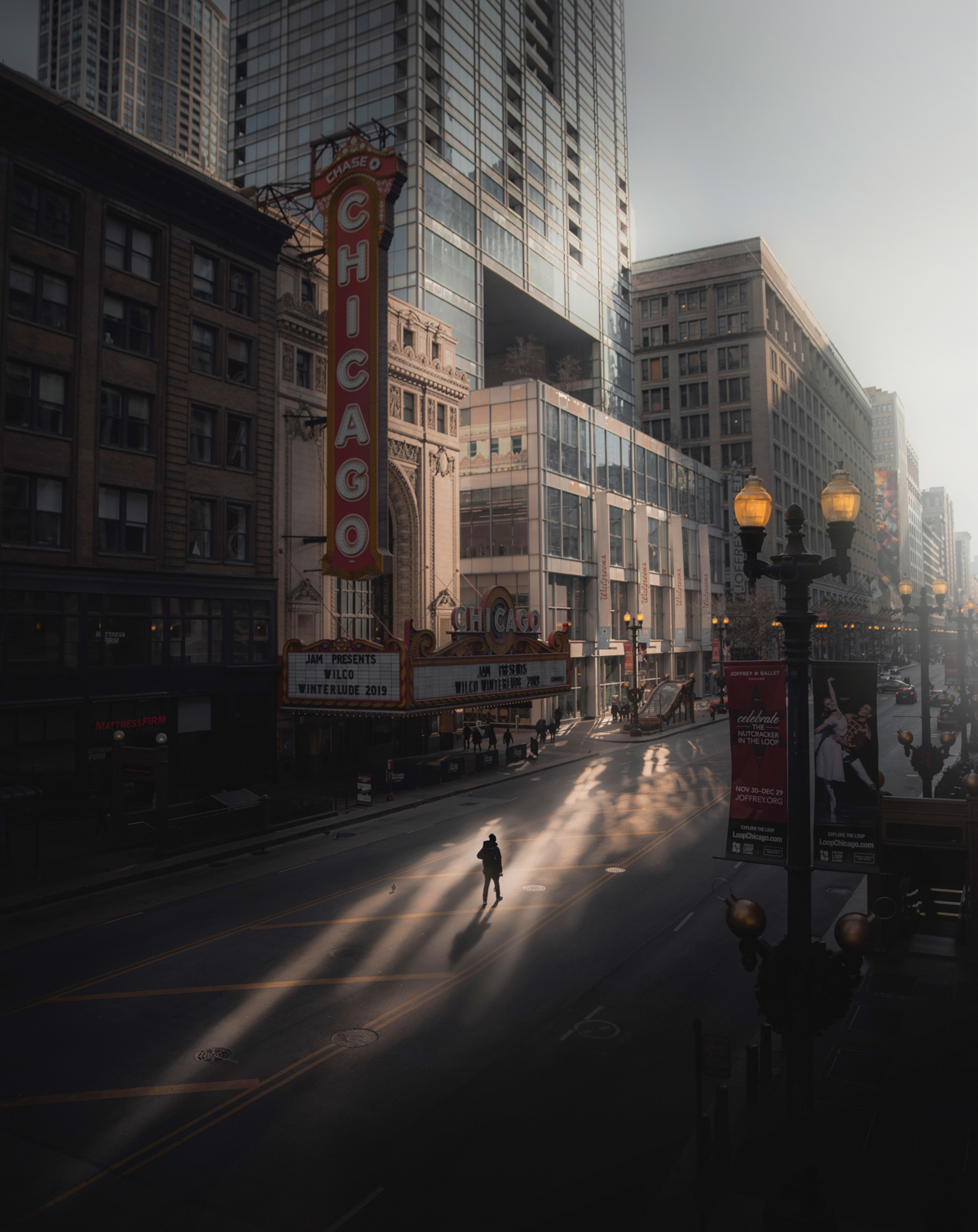
How did your love of photography begin?
Photography has always been in my life since as early as I can remember. From the days of my family’s analog camera to picking up disposable cameras for class field trips, to owning my own point-and-shoot digital cameras, to where we are now with mobile phone cameras, photography has always been a way for me to preserve my memories and experiences.
It wasn’t until I started traveling abroad within the last 10 years that photography started to become something more than that. At first, the photos were more personal and were captured on my mobile phone. However, as I visited more places, I slowly found myself wanting to take photos more creatively and outgrew the mobile phone. I’ve been obsessed with photography ever since I decided to take it seriously.
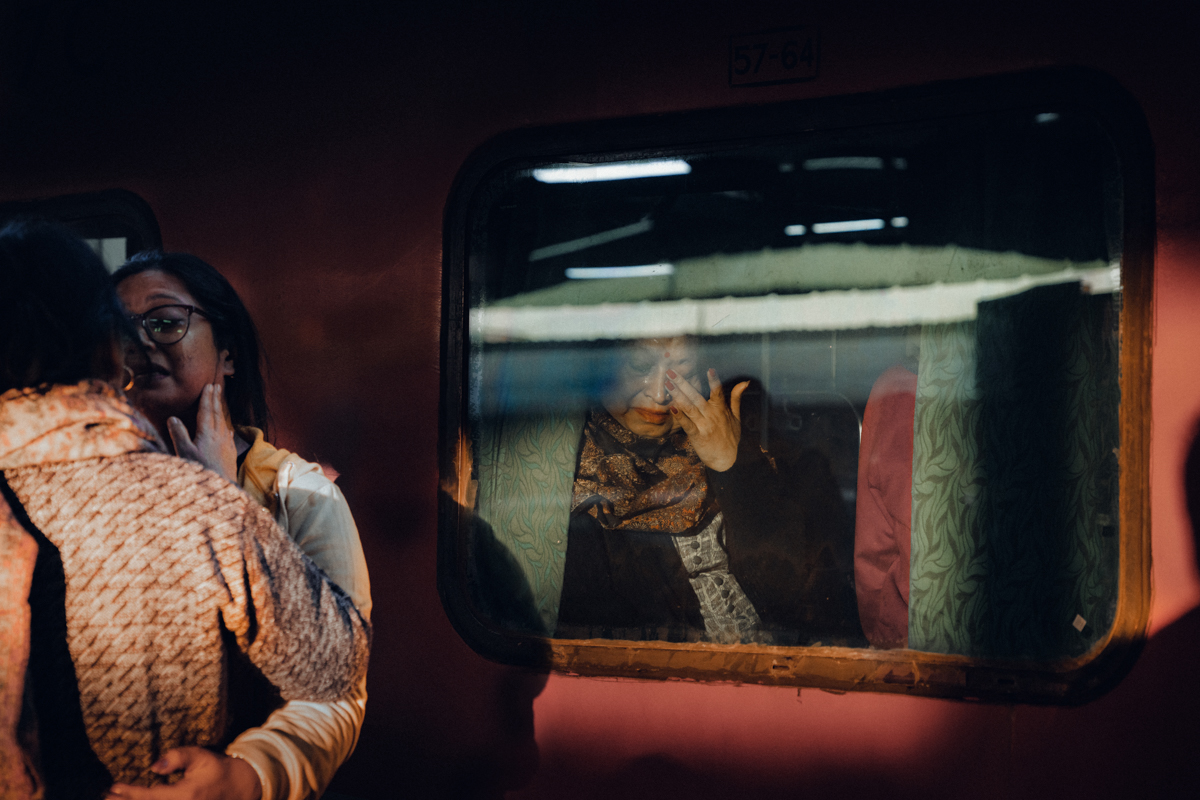
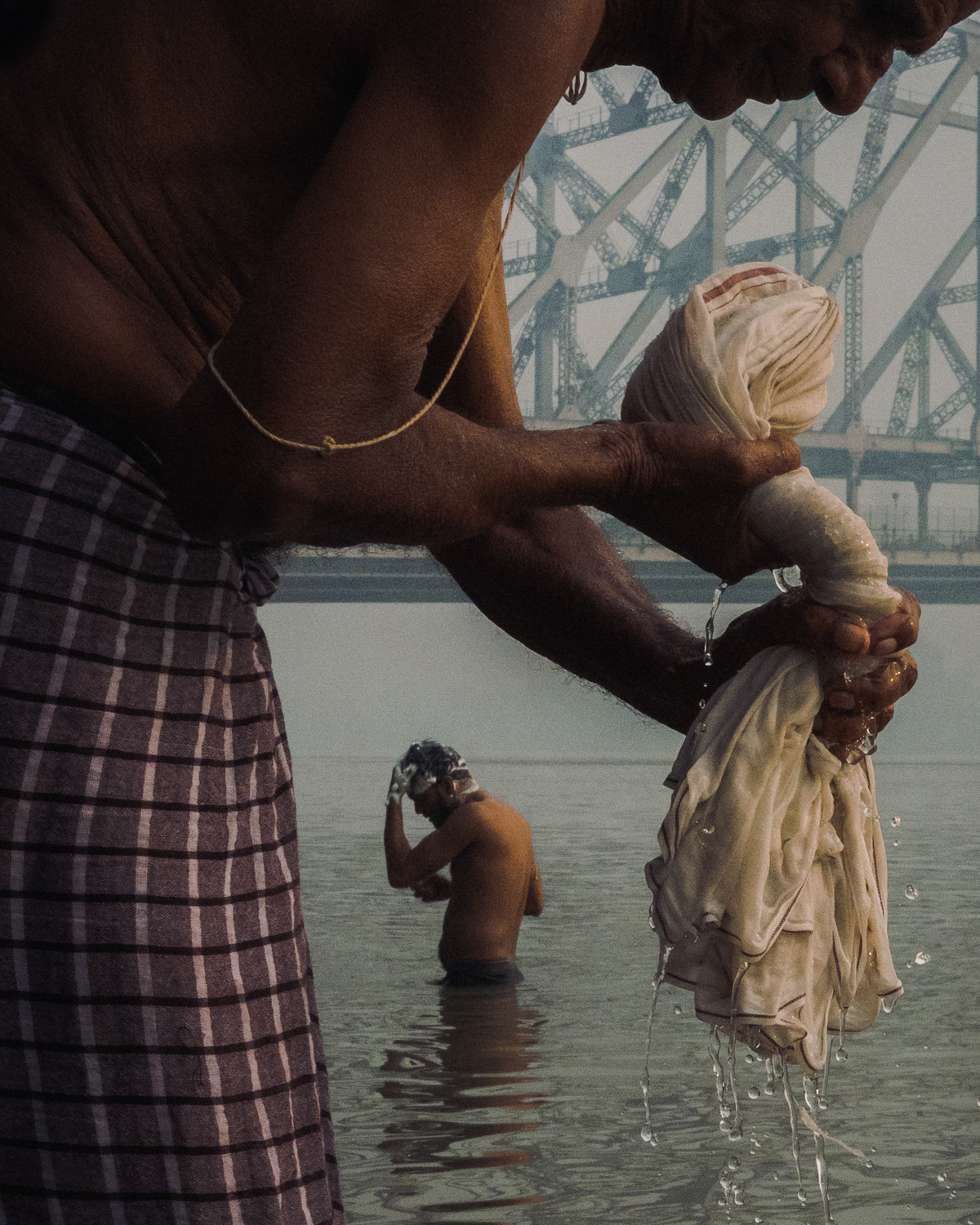
What specifically attracted you to street photography as a genre?
I started my early photography career capturing landscapes and cityscapes. But something always felt unfulfilling to me about that experience, and coming from an illustration background, I had always been interested in illustrating people. It wasn’t until my visits to countries like Guatemala, Jordan, Egypt, and Mexico that I started to naturally gravitate toward taking photos of people instead of places.
Initially, it was because of the appreciation of diversity. How different, interesting, and beautiful people looked in their own way from all around the world. But soon, I became more interested in how people lived and not just what they looked like. How they interacted with each other and their surroundings. I become more interested in their stories and their lives and the little everyday moments that make them who they are, no matter where they are or where they’re from.
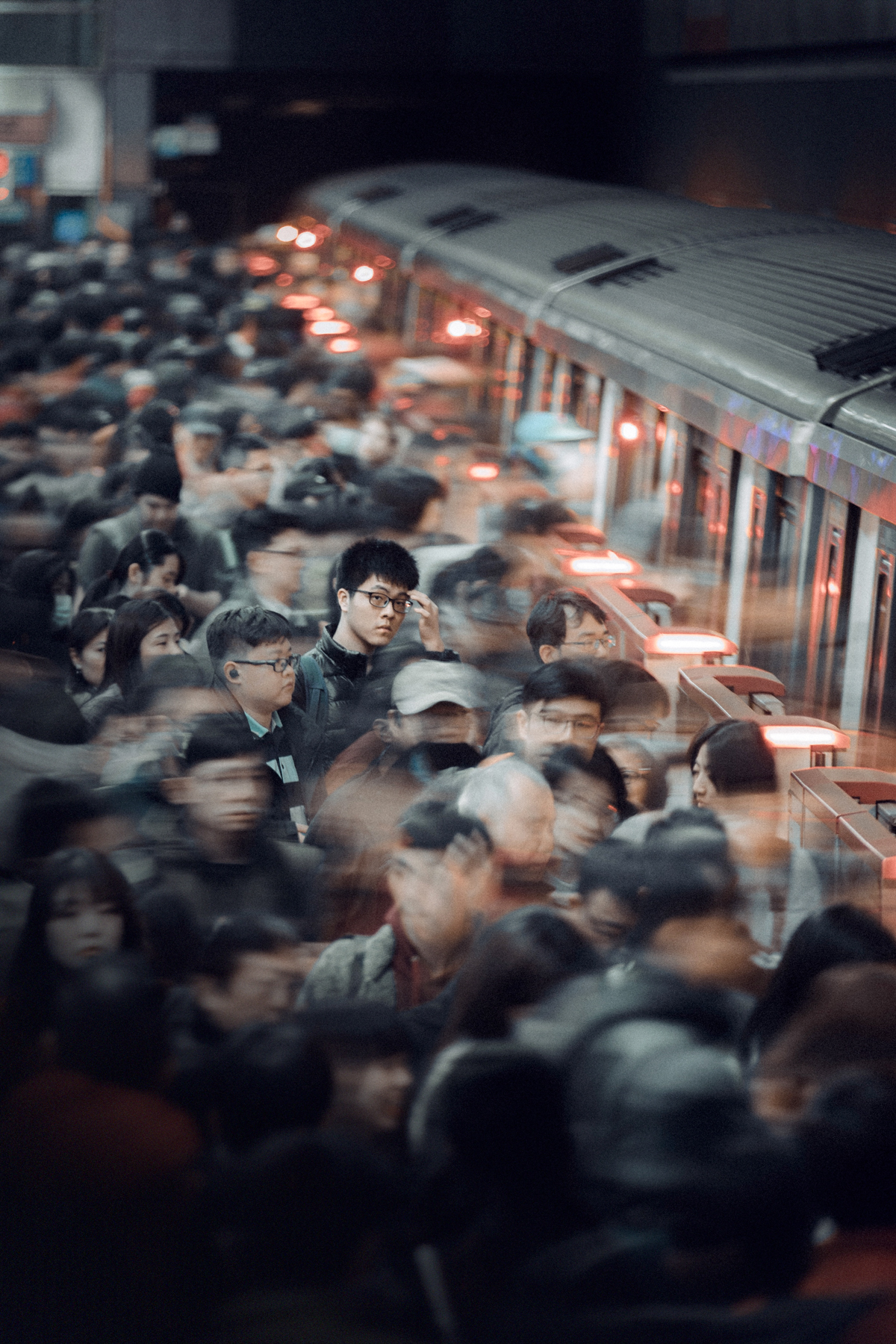
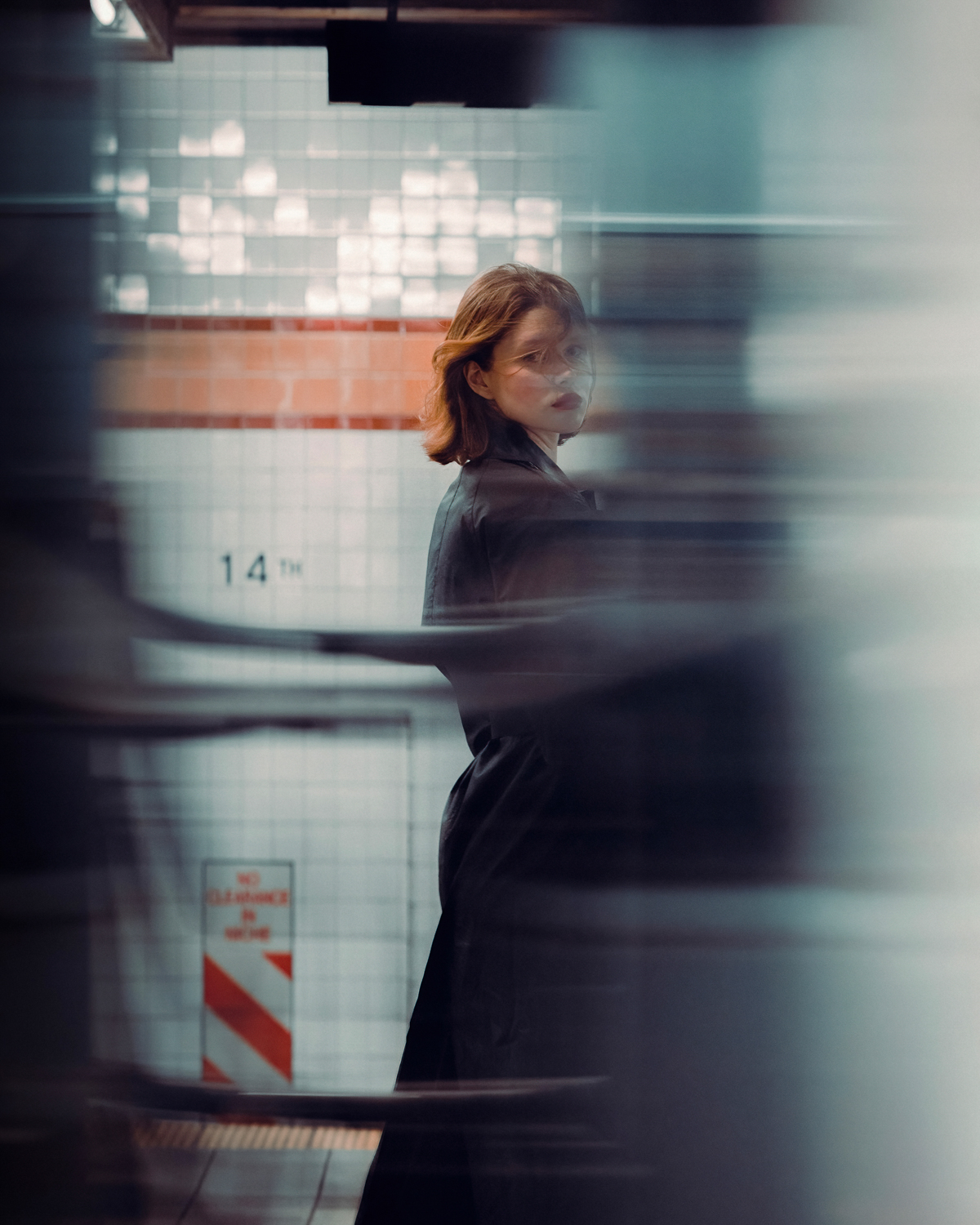
How does your photography change the way you live and move through the city?
It’s for sure changed so much in the way I live. I find that I can’t go anywhere these days without having a camera around my neck or in my hands. It’s changed the way I see the world and has constantly allowed me to see my own home in NYC with fresh eyes. I find I would explore parts of places I never cared about before or even knew existed. I’ve gained a whole new appreciation for constantly observing and being present wherever I am. In some ways, it has slowed me down a bit and has allowed me to take my time in a city that’s so constantly fast-paced. I now take so much notice of details in things that would have never in a million years interest me before. I can say photography has given me a whole new appreciation of life.
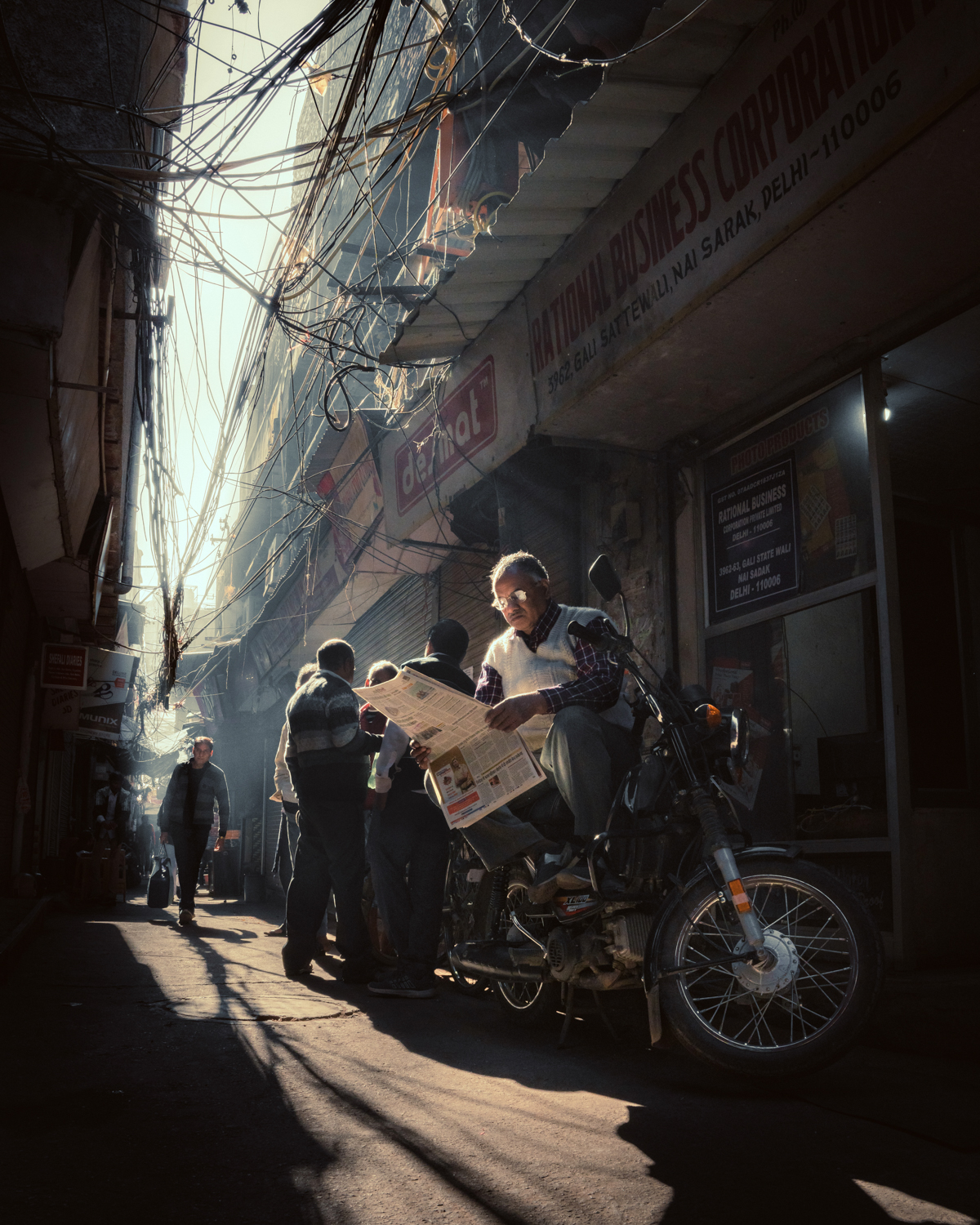
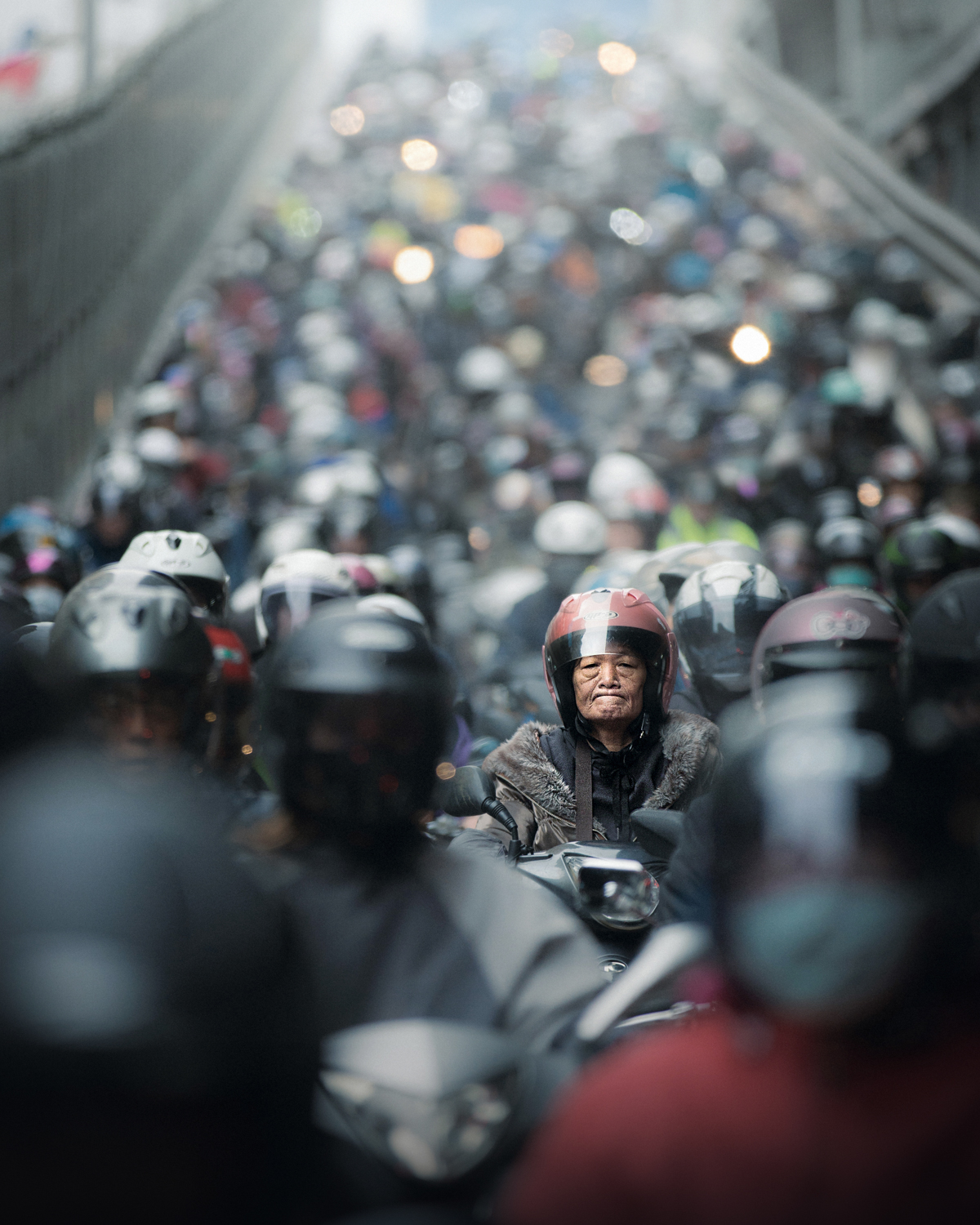
When you are out shooting, what are you looking for when you decide what warrants a click of the shutter?
It’s a combination of things. I think if I can sum it up into four categories, it would be the following. First, the visual element. I look for interesting people, colors, textures, layers, lighting, shapes, and interesting ways people and/or objects are positioned in a scene. Things that are appealing to the eye.
The second category I look for is what’s happening with the subjects. I look for interesting and unique interactions between people and objects in their surroundings. I enjoy having a story element and hidden messages in my photos. I enjoy photographs that make you think and wonder.
The third is the overall feeling of what I see. Sometimes you can see a scene unfold before your eyes and have it strike a chord emotionally or make you feel nostalgic. There’s something personal when a photo can remind you of something from the past, whether it feels good or bad.
The last category I enjoy capturing is something that looks and feels from another place, time, or world. I love movies in the way they often take real-life scenes and make them feel like they’re not. I particularly gravitate to this when I am out shooting. While what I end up capturing will include one or more of these categories, it’s coming across all four at once that warrants a satisfying click of the shutter to me.
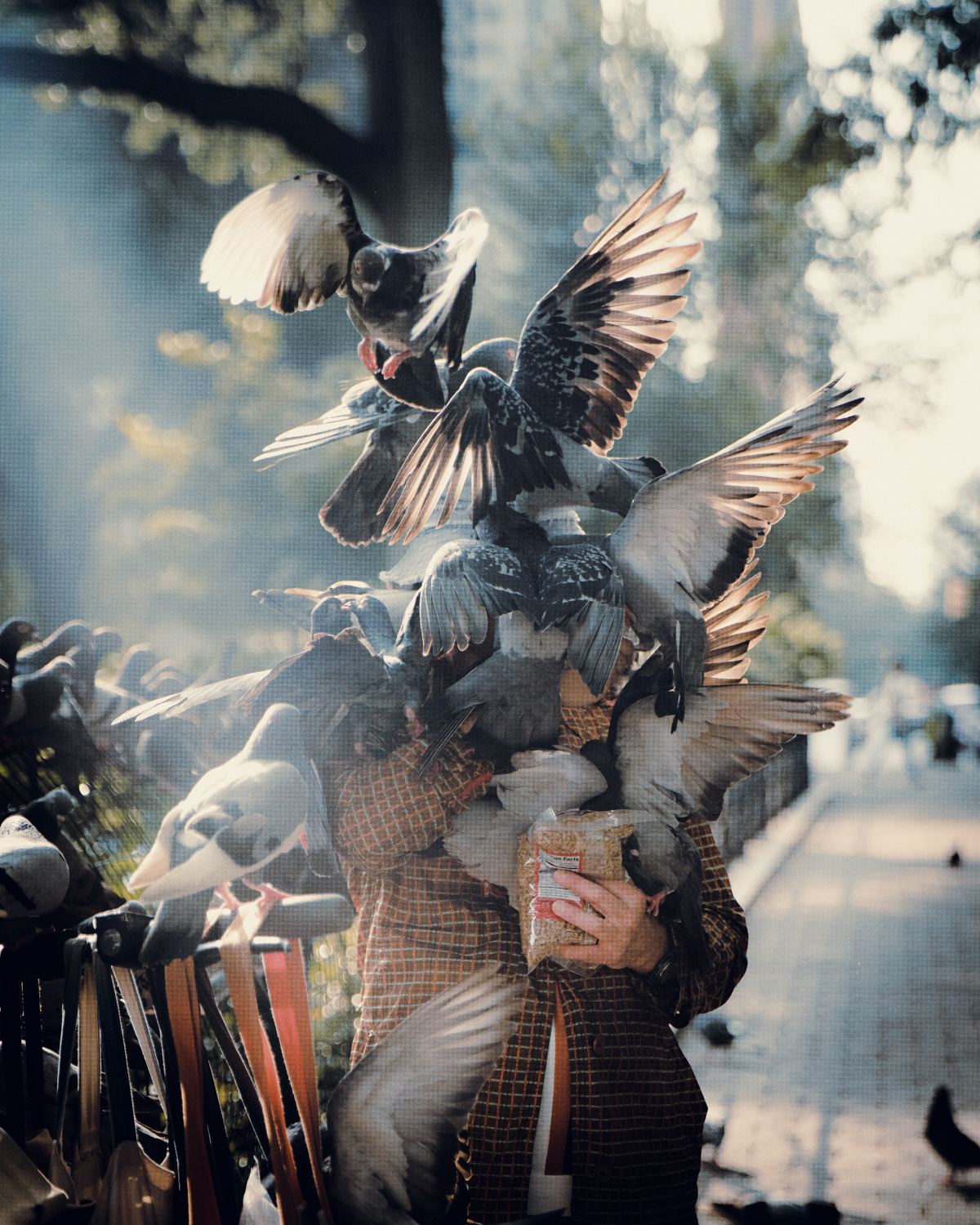
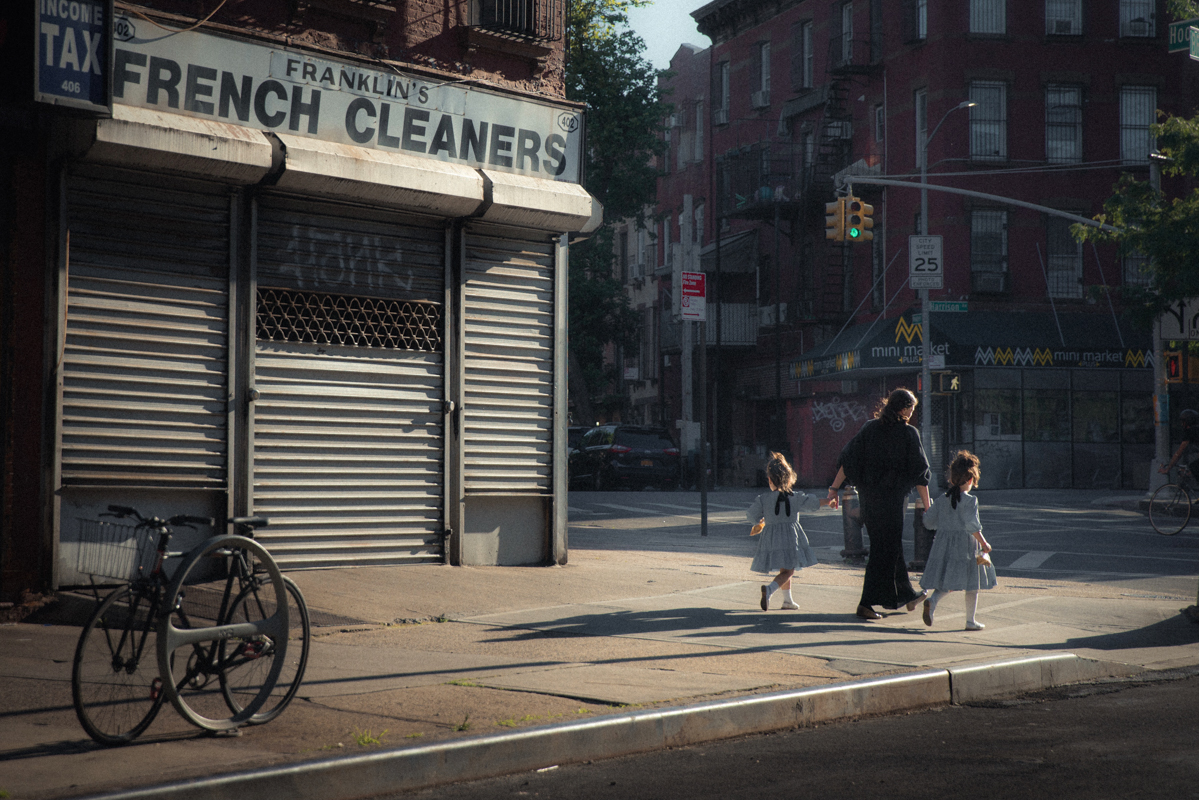
You've had a lot of success on social media. What have been the positives and negatives of that success?
I think the positive side of my social media presence is being able to have my photographs reach people it wouldn’t normally be able to. It’s also allowed me to meet some amazing people and provided me with some great opportunities. It’s a privilege to be able to have my work seen by people that could potentially inspire them to pick up a camera. It’s one of the greatest feelings.
On the other hand, though, there’s a lot of pressure with social media. Especially if you are a full-time artist and rely on social media as a way to promote your work and brand. It’s all tied to the numbers, and that, in turn, can affect the honesty in what you create. While I've been much better with this, it's definitely a problem I see today.
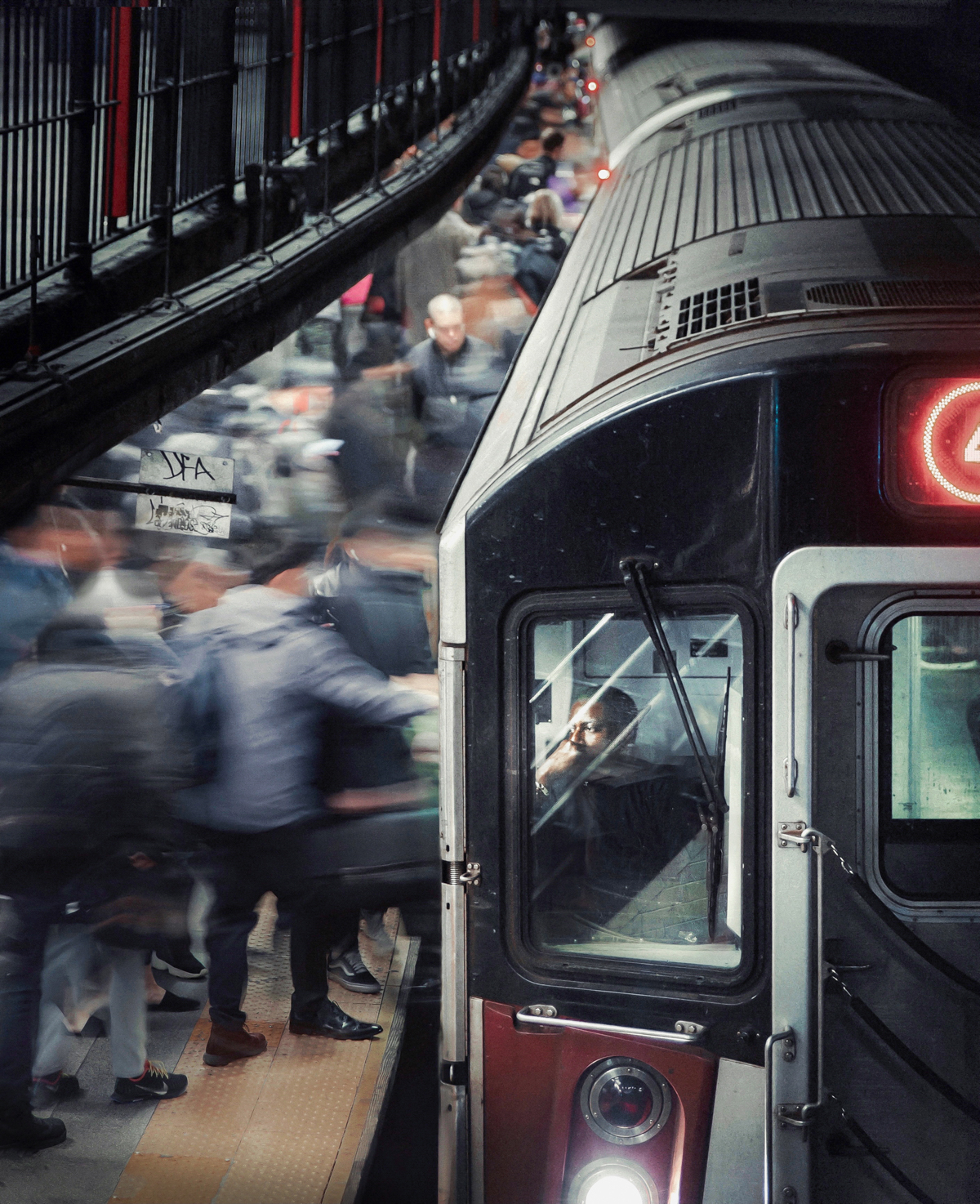
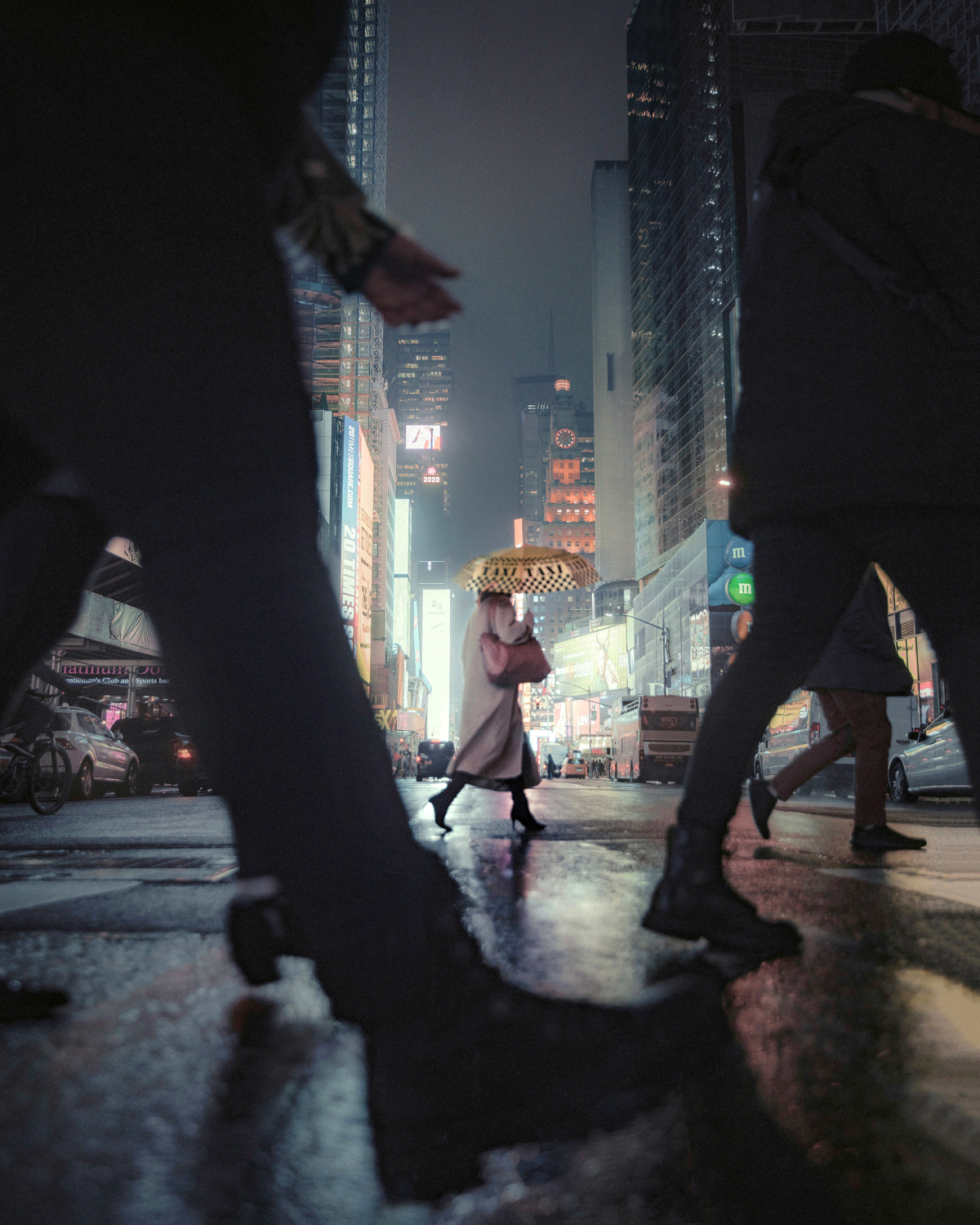
AI is such a hot topic now. As a photographer, do you have concerns about AI—particularly if it continues to improve and blur the lines with photography?
It’s an interesting question. I’ve been pretty active following the growth of AI art since it became more mainstream recently, and as of right now, I have mixed feelings about it. A part of me sees the benefits in how it can help take existing digital art mediums to the next level and even excel as an art form on its own. I’ve seen some phenomenal “post-photograph” AI work that, while looking as realistic as photographs, depict things that just couldn’t happen in real life but look extremely real. I think this is where AI is excelling in my opinion.
The main concern I have with AI is not so much that it will blur the line with photography. I think it is inevitable that AI will look so real that you can’t tell, and it will happen very soon. However, a photograph documenting the world will always be a snapshot of something that exactly exists timestamped in history. AI can never achieve that.
My biggest concern with the whole thing is trying to pass off AI as actual photographs without mentioning it. This is where my concern is. At the moment, the average person probably couldn’t tell the difference between most AI work being passed as photos. I’ve been getting asked more and more frequently over the last few months if my photos are AI. They are not. If something doesn’t change, we may not be able to know what a real photograph is versus what’s AI in the near future, and that’s when we lose what actually existed and what is made up.
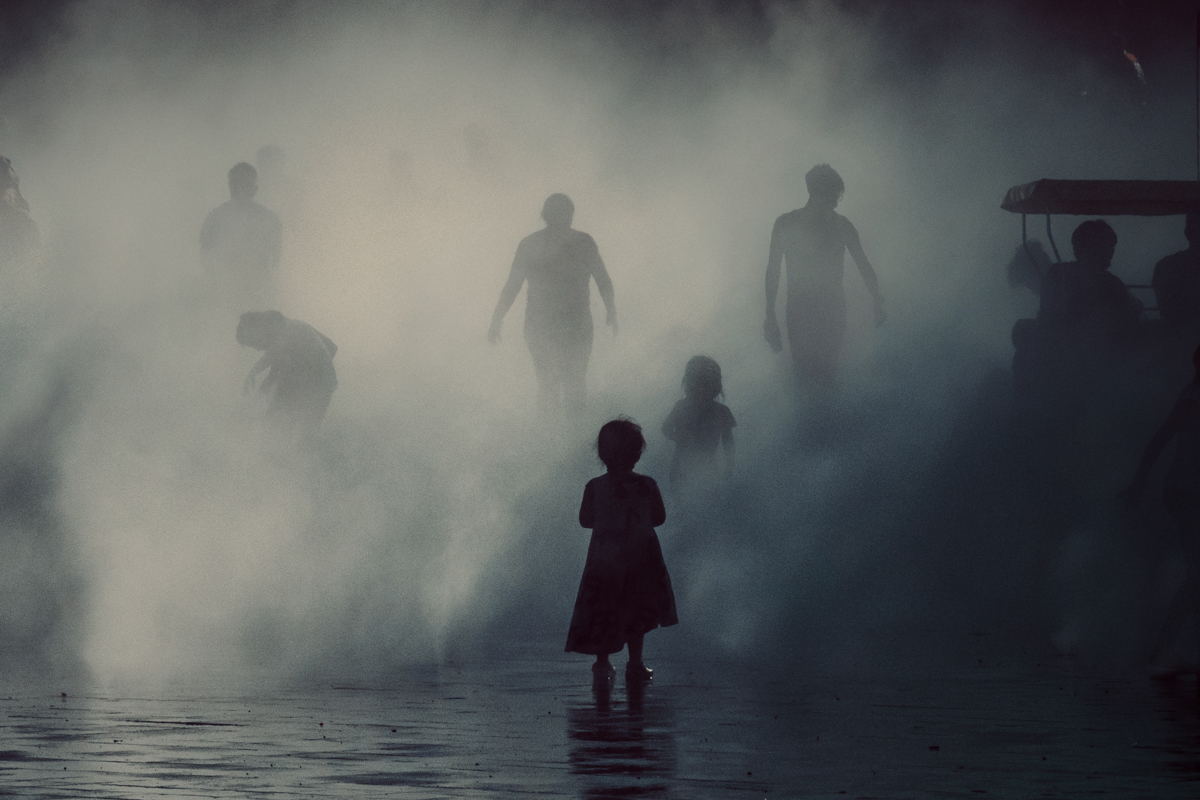
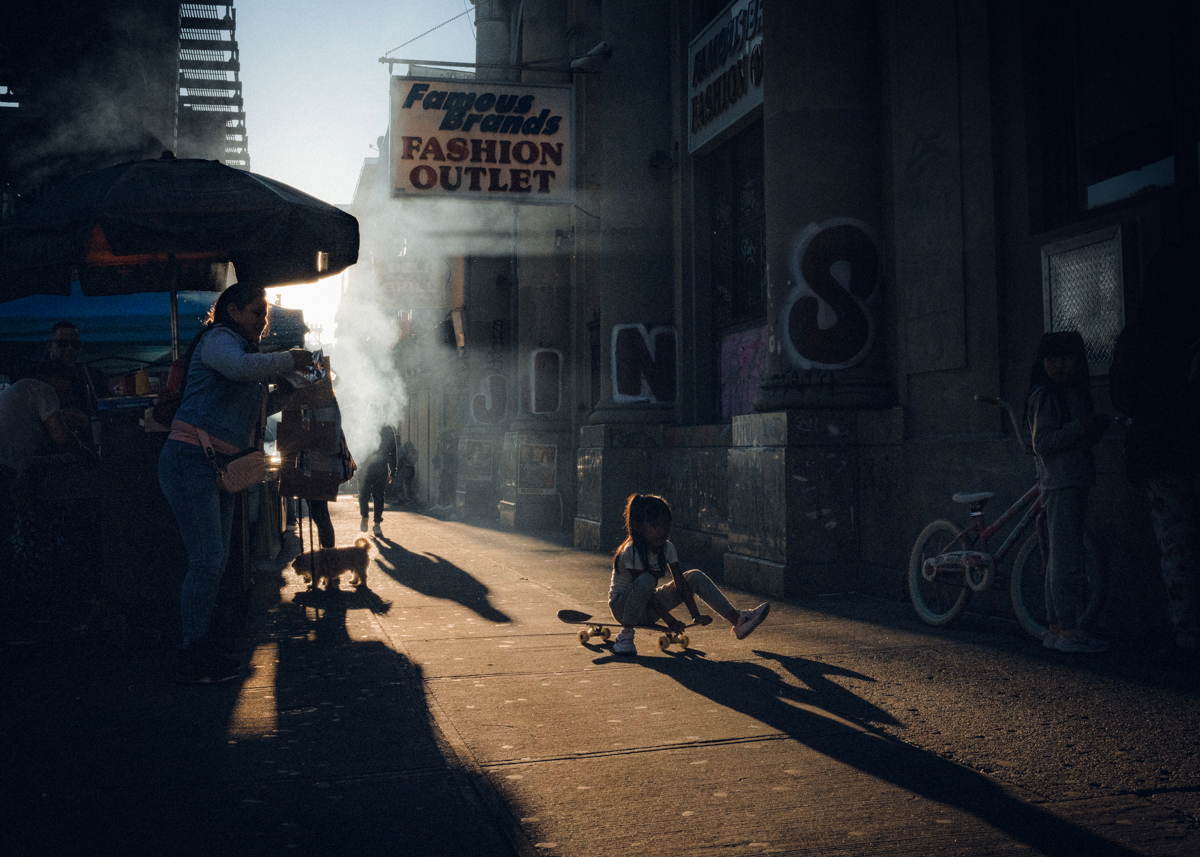
What's next for you?
I have a few personal photography projects I am working on that I hope to share with the world one day, and a few I am in the process of starting soon. I’m not ready to share them at the moment, unfortunately, but anyone who’s been following along with my journey may have some ideas as to what they may be. I am also in the early stages of putting together ideas for my first book. I want to actually release something I’d be proud of, so I’m taking my time with it. I am also excited to just continue to grow as a photographer and share with everyone the world through my eyes.
Billy Dinh: Website | Instagram | Twitter
My Modern Met granted permission to feature photos by Billy Dinh.
Related Articles:
Interview: Photographer Captures Candid Coincidences on the Streets of NYC
Interview: Street Portraits of the Incredible Cargo People Carry on Motorbikes in Hanoi
Man Discovers Passion for Moody Street Photography After Moving to New York [Interview]
Photographer Takes Dignified B&W Portraits of “Forgotten” People He Meets on the Street [Interview]
READ: How a Successful Street Photographer Captures Life’s Unseen Moments [Interview]


0 Commentaires